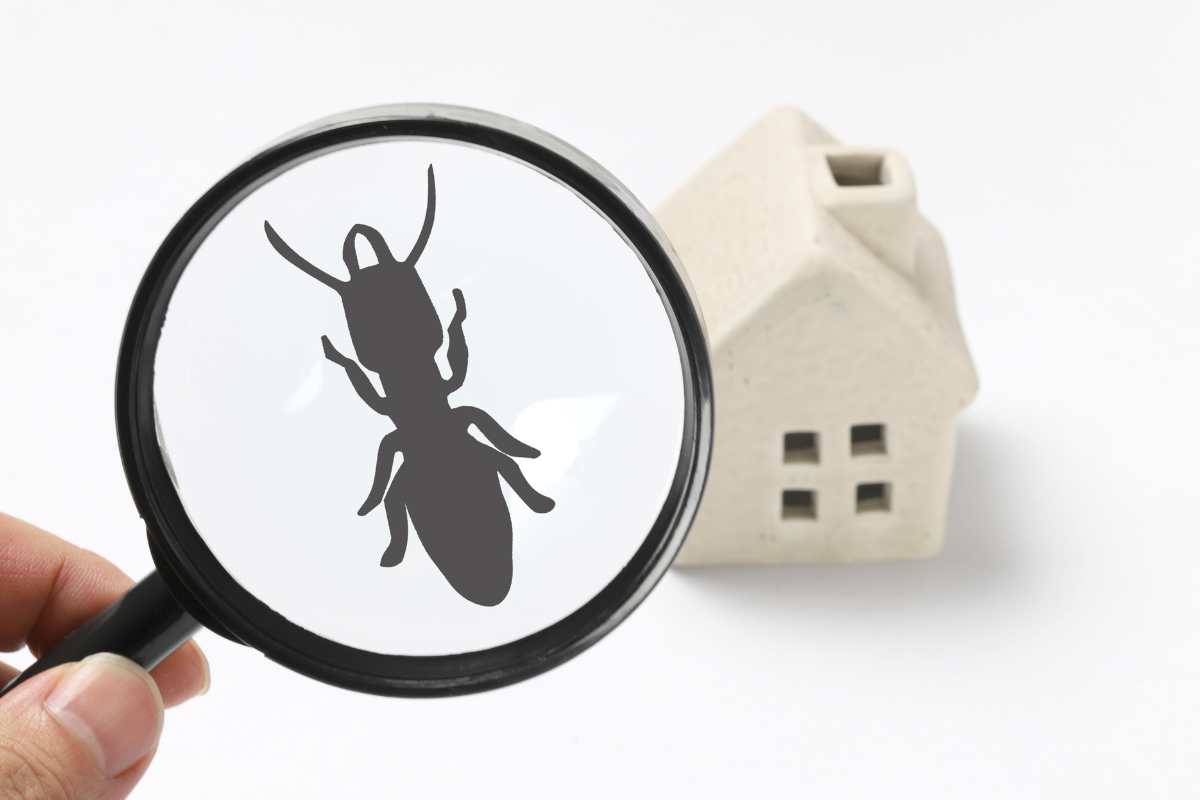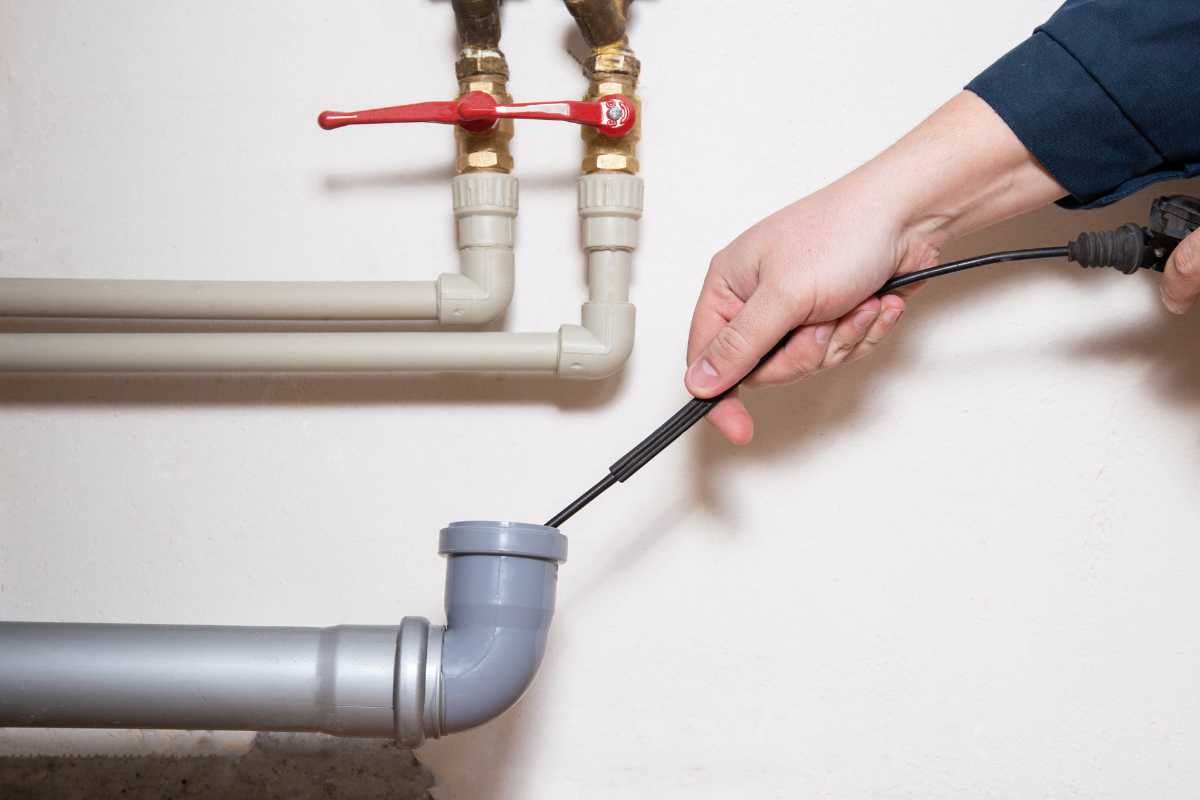You might have heard about the impact of bad air pollution on the public’s health. Indeed, it is a major concern. But, have you ever thought about the quality of air at your home? Well, indoor air quality deserves more attention because it directly impacts your well-being. The Environmental Protection Agency (EPA) has found that indoor air pollutants can be up to 100 times higher than outdoor ones. Shocking, isn’t it?

So, if you are worried about how your indoor air quality can safeguard your health and how to boost it, you’ve come to the right place. Let’s take a deep dive into the details.
Benefits Of Keeping The Air Clean Indoors
Improved Sleep Quality
In your home, clean and pure air is about breathing in a healthy environment. It promotes better respiratory health and allows quality sleep at night. It’s because reducing irritants like dust and allergens minimizes the disturbance that can disrupt your sleep cycle.
Also, it plays a crucial role in reducing the stress. The quality of the air you breathe directly influences your stress levels. It affects both the mind and body. Specifically, it allows you to inhale the freshness of pure air, and your body responds by promoting a sense of ease. In essence, it improves the quality of your daily life.
Improved Respiratory Health
When your home air is pure, pollutants like dust, allergens, and irritants are kept at bay, and the risk of respiratory issues drops significantly. It’s because your lungs don’t have to work as hard, making every breath feel refreshing and light.
In essence, clean air means fewer chances of getting sick. Your respiratory system also becomes a strong defender against infections that protect heart health. It creates a space where every breath contributes to the overall health and vitality of your lungs.
Improved Cognitive Function
Just like the other parts of your body, your brain relies on oxygen to function properly. When the air you breathe is filled with harmful containments, it can negatively impact your brain health. Recent studies reveal that exposure to dirty air for a long time can mess with brain functionality. It’s like trying to think clearly with a foggy window.
Therefore, keeping it clean in your home works as a shield against the infection that can affect your brain.
Top Ways To Improve The Quality Of Air At Home
Test Air Quality
If you are concerned about air quality in your home but don’t know what improvements could help make impactful changes, start with an air quality test. There are two ways to test the purity of air indoors. One is the do-it-yourself (DIY) approach, and the other is asking for professional help.
Opting for the DIY option can be cost-effective and provide a basic understanding of air quality. On the other side, seeking professional help offers a comprehensive analysis to deliver insights tailored to your needs.
No matter what option you choose, remember testing your air quality is the first step toward creating a healthier living environment.
Air Duct Cleaning
Air duct cleaning will improve indoor air quality and remove harmful bacteria, dust, and dirt from your home’s ventilation systems, so make it a priority. For this, you’ll need professional help, especially when you are in a polluted city like Seattle.
According to the experts at Seattle air superior, regular air duct cleaning is essential to remove accumulated dirt and maintain the health of your HVAC system. This way, you can enhance the system’s efficiency and promote better indoor air quality. That helps in promoting a healthier and more comfortable living environment.
Experts are well-versed in using the specific equipment to clean the ducts and have years of experience in the industry. So, look for their expertise, review, and previous work, and then choose wisely.
Eliminate Pollutants
To maintain a pollution-free, cozy space with a breath of fresh air in your home, you need to minimize the contact of pollutants. Certain chemicals like Radon is a natural radioactive gas linked to health issues like lung cancer. Secondhand and thirdhand smoke, stemming from exhaled cigarette smoke, affects your living space with polluted air. To protect your cozy area from these effects, it is crucial to avoid smoking indoors or cut down on these pollutants at home.
Nonetheless, household cleaning products such as glass cleaners, air freshers, bleach, and cleaning sprays can sneak into your home and affect your health. Opting for a safer and cleaner atmosphere at home, you should use non-toxic cleaning alternatives to prevent health issues.
Use Air Purifier
Bringing an air purifier to your home is the easiest way to improve the indoor air quality. Always look for the one with a HEPA filter because it removes more than 99% of the flu virus particles.
While these air purifying filters are amazing and effective ideas for clean air, they still can not handle every kind of pollution. For comprehensive air improvements, consider those that specifically target smoke, mold spores, and excess carbon dioxide.
This is the additional feature that ensures a more thorough approach to purifying the air you breathe.
Improved Ventilation System
Keeping the air flowing in your home or ventilation system can be the best to improve air quality. It lets you breathe easily in a fresh and healthy environment. Open windows and doors to let outside air in, but ensure it’s clean and not full-on pollution.
Air also comes through the ventilation and small gaps around doors. You can’t control it all, but you can ensure the air from the area is not making things worse. Having the improved ventilation system not only keeps things clean but makes sure that the air you breathe is fresh for you and your family.
Frequently Check On Your Heating System
Taking a close look at your heating system is an important step in ensuring good indoor air quality. Some heating methods, like wood-burning stoves and fireplaces, can release harmful particles, which might increase the risk of long-term health issues, such as lung cancer.
Older furnaces and gas-fueled heating appliances also pose potential risks. Gas-powered systems have the potential to release carbon monoxide, a dangerous gas that you can’t smell but can lead to suffocation and even death.
For a breath of cleaner air, consider solar or electric heating options. These choices are often better for indoor air quality than other heating systems that keep your home warm.
Indoor Plants
The indoor plants are effective in freshening up your home’s air. Indoor plants can be nice and have numerous perks. They can add a touch of nature to your space, boost your mood, and make your home feel more welcoming.
On the flip side, if you are allergic to indoor plants, then it’s essential to choose the right type from various options. Some, like Dracaena, peace lilies, and common ivy, are known to be better at cleaning indoor air.
While they might not be the ultimate air purifiers, they sure know how to bring a breath of fresh air in more ways than one.
The Final Thoughts
Maintaining good air quality in your living space is crucial for both short-term comfort and long-term health. Various factors can influence air quality, potentially leading to health effects. If concerns about indoor air pollution arise, implementing measures to prevent and reduce specific pollutants becomes essential. By staying vigilant and taking action to address potential issues, you can create a healthier and more comfortable living environment.










 1. Safely Covering The Halls
1. Safely Covering The Halls






